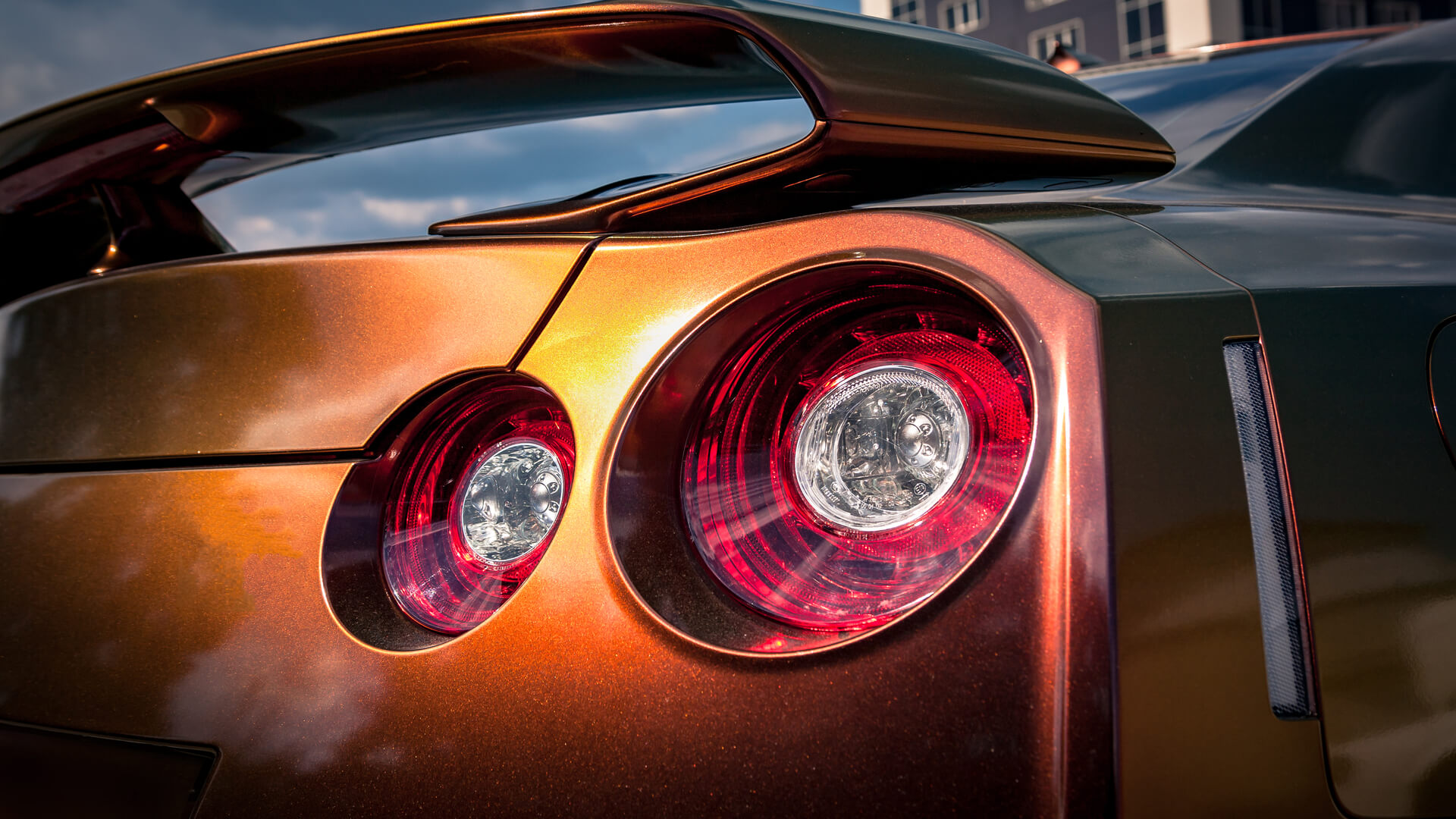The Relationship Between Car Insurance Price and Car Modifications
There are many factors that affect car insurance. This is why, when you apply for insurance, you’re asked whether your car has been modified. When an insurer sets the price of policies, all factors that affect the value of the car, or up its chances of being stolen or involved in an accident, are taken into account. The idea isn’t to charge you more, it’s to ensure that every aspect of your modified car is suitably covered against risk.
Unless you’ve approached a specialist insurance broker like Keith Michaels, car modifications can have a big impact on these factors. However, no matter what insurer or broker you speak to, it’s important you are completely honest about modifications. Below is a full car insurance modifications guide to better understand what needs to be declared, and what modifications do not count as a relevant change.
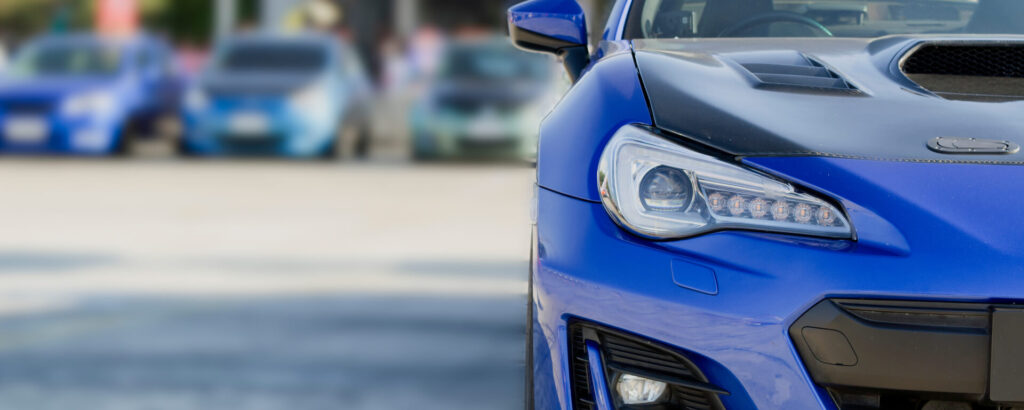
Specialist Modified Car Insurance
Have a modified car and not sure how to get it insured? Speak to the modified car insurance specialists. Keith Michaels. We have over 30 years’ specialist experience arranging cheap modified car insurance to fellow enthusiasts.
What Modifications Affect Mainstream Car Insurance?
Depending on what you add, and of course, your insurance provider, modifications to your car can affect your car insurance positively or negatively. This table gives an idea of how much certain modifications can affect insurance from mainstream providers:
| Car Modifications | Standard Insurer Examples | Keith Michaels Average |
| Turbo/Supercharging | 132% | 20% |
| Transmission or Gear change | 63% | Nil |
| Exhaust changes | 26% | 5% |
| Air Filter | 25% | 5% |
| Wheel arches | 41% | Nil |
| Complete body kit | 57% | 10-15% |
| Spoilers/Skirts | 23% | Nil |
| Light changes | 12% | Nil |
| Tinted windows | 16% | Nil |
| Replacement of seats | 27% | Nil |
| Roll Bars/Roll Cages | 41% | 15% |
| Dashboard changes | 16% | Nil |
| Uprated brakes | 36% | 5% |
| Suspension | 25% | 5% |
| Alloy wheels | 8% | Nil |
| LPG conversion | 15% | Nil |
| Bonnet Vents | 6% | Nil |
| Air conditioning | 13% | Nil |
| Front Splitter/Rear Diffuser | 8% | Nil |
| Intercooler Upgrades | 23% | Nil |
| Fuel System Charges | 18% | Nil |
| Specialised paintwork | 15% | 10% |
| Stripes & badges | 9% | Nil |
But Not With Keith Michaels…
At Keith Michaels we’re specialists in providing modified car insurance, and have a number of schemes in place to ensure our customers have the most affordable cover for their customised cars. Our unique method of using dedicated points of contact and reviewing each policy by hand allows us to offer rates you won’t find anywhere else. Plus, unlike other insurance providers we’re very fond of car enthusiasts and are more than happy to insure vehicles with a range of modifications.
What Modifications Do I Need To Declare?
Car modifications tend to fall into two categories – to enhance vehicle performance or appearance. If any of these modifications have been made to your car, you need to declare them – even if you have not made them yourself. If you fail to do so, it’s likely your insurance will be invalidated and your claim will be refused when you need financial protection.
When you tell your provider of any modifications made to your car, you need to be as truthful and detailed as possible so they can do an appropriate risk calculation. This means you will avoid an increase in your premium due to ‘unforeseen risk’.
It’s not a good idea to hide modifications, and if you do it could very likely lead to an invalidation of your insurance. There are however certain exceptions, depending on the nature of your non-disclosure.
The following is a list of modifications that will need to be declared when you contact your insurance company:

Engine & Mechanics
Modifications to the engine or vehicle mechanics – such as the exhaust system, transmission, or air filter – must definitely be declared to your insurance provider. If you have added a turbo or supercharger to your engine, for example, it can increase the risk of accident, which will affect the cost of your premium.
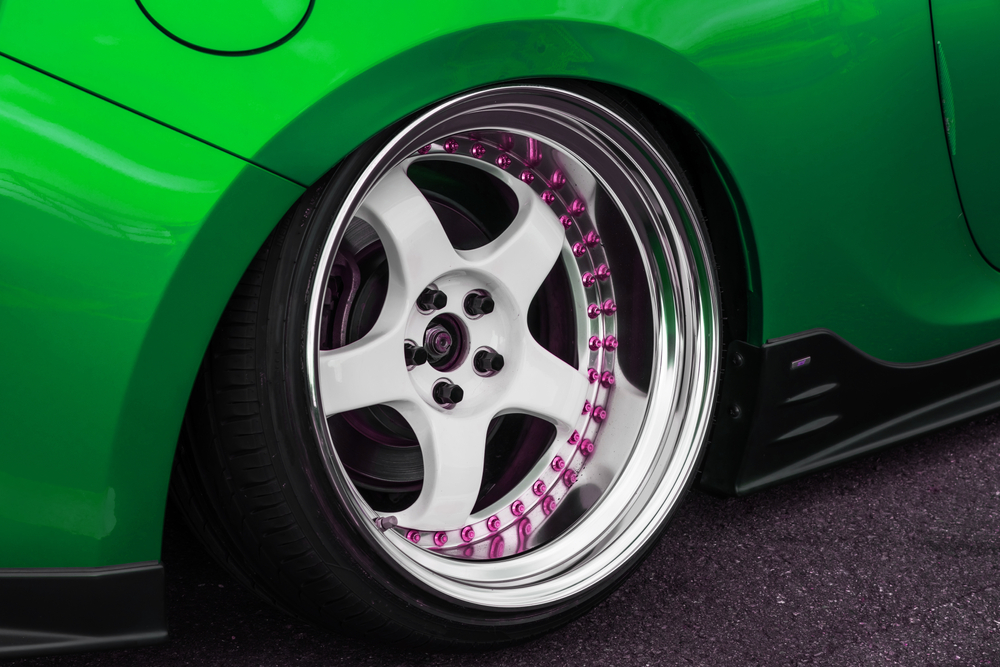
Wheel Modifications
Making modifications to car wheels can significantly alter the handling of your car, whilst wheel upgrades will increase its value. Therefore, if your car has been fitted with alloy wheels or wider wheels or tyres, you need to declare this to your insurance company.

Bodywork
The following modifications can affect your car insurance costs, so make sure you tell your provider if they apply to your vehicle:
- Flared wings
- Wheel arches
- Spoilers
- Side skirts
- Valances
- Light additions or changes
- Tinted windows
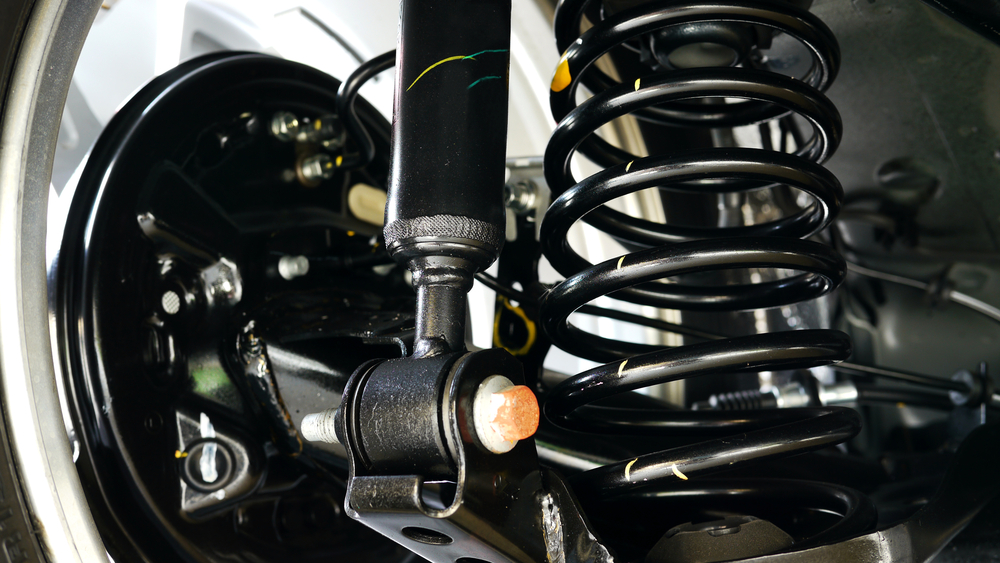
Brakes and Suspension
If your car has been fitted with uprated brakes, or the suspension has been modified, its behaviour on the road will be altered. Therefore you must let your insurance provider know of these changes.
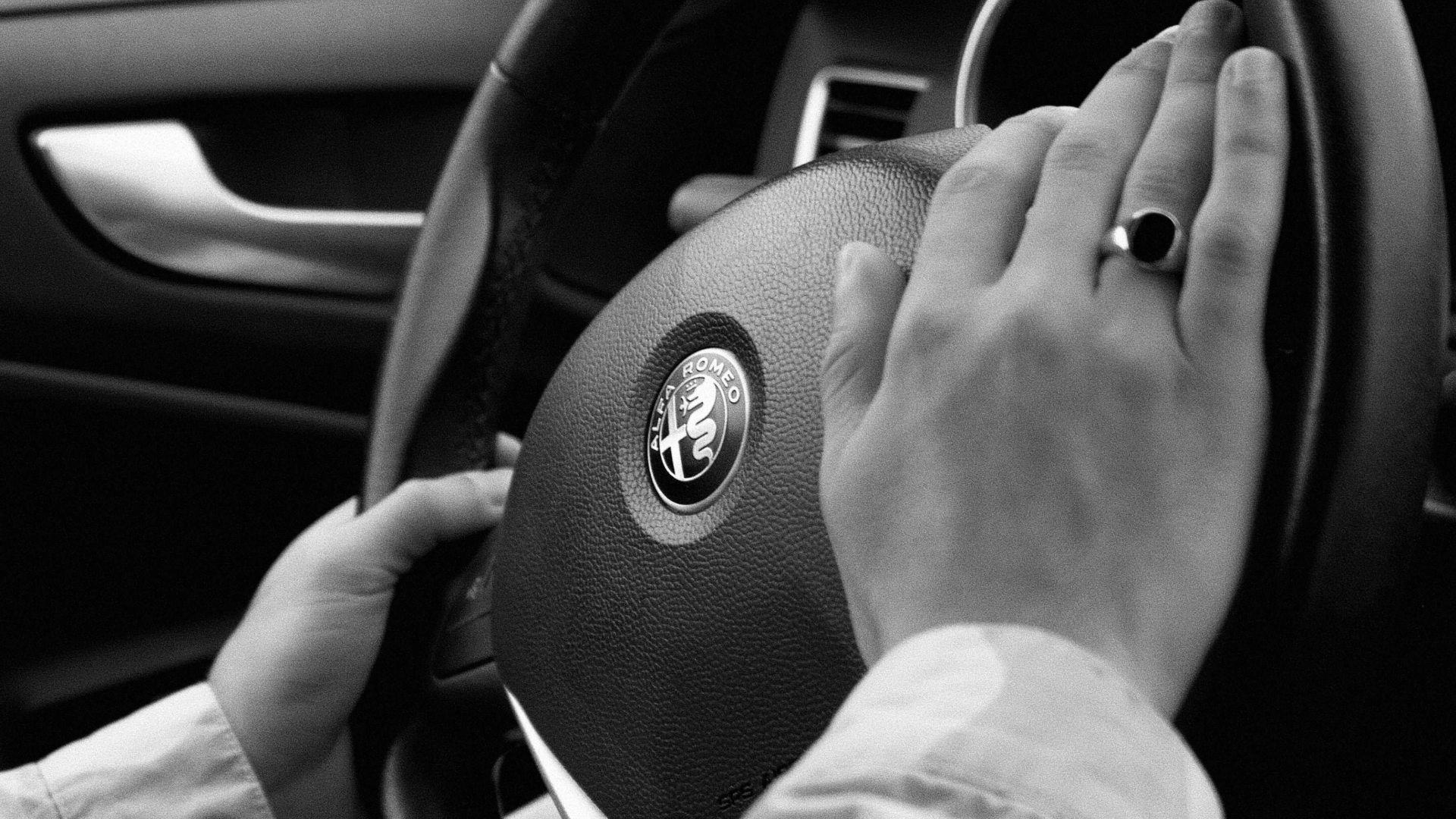
Car Interior
Removing and replacing seats, changing the pedals and the steering wheel are all considered to be key modifications that need to be reported to your insurance provider.

Car Stickers
Many insurance companies consider stickers and decals to be a type of car modification. If you have either on your car or are thinking of applying them, check with your insurance provider first to ensure they accept these modifications as part of their policy….

How Car Colour Affects Insurance
In some cases, the colour of your car can affect your premium if the vehicle’s paintwork has been modified. Changes to your vehicle’s paintwork can cause a 36% rise in your insurance premiums. At Keith Michael’s we specialise in modified car insurance and always look to provide the affordable cover you need no matter what colour your paintwork is. If your paintwork has not been modified the colour of your vehicle should not affect your insurance premiums.
- White, silver, gold, orange and yellow cars are deemed to be the safest.
- During daylight hours, black cars were up to 12% more likely be involved in crashes than white vehicles.
- Though there is no clear link between car colour and theft, a 1998 AA survey once found that red and blue cars are the most popular target for thieves
Choosing a specialist insurer is beneficial if your car is heavily modified. To find out more about reducing the cost of your premium for a modified vehicle, see our page on How To Keep Modified Car Insurance Costs Down.
Choosing a specialist insurer is beneficial if your car is heavily modified. To find out more about reducing the cost of your premium for a modified vehicle, see our page on How To Keep Modified Car Insurance Costs Down.

Modifications That Will Not Negatively Affect Your Insurance
Car modifications that increase the security of your car will not negatively affect your insurance premium. Security devices such as extra locking devices and immobilisers, for example, can reduce the risk of theft or accident, and could help to lower the cost of your policy.
Winter tyres are another modification that won’t negatively impact your insurance. Most insurers see these as a good modification as they help to improve the handling of your car in difficult driving conditions.
While these particular modifications may not increase the cost of your insurance, it is still important to declare them to your provider so they can make an accurate calculation and charge you the appropriate amount.
To find out more about declaring your modifications, read our guide to Declaring Modifications to your Car Insurance Provider.
What Modifications Void Car Insurance?
Generally speaking, any modifications you make that result in you breaking the law will void your insurance. This includes:
- Tinted windows that restrict more than 70% light
- Under car neon lights
- Illegal Wheel modifications
- Sound/noise modifiers, including exhausts
- LED headlights that aren’t road legal
- Nitrous oxide (here at Keith Michaels we can’t accept nitrous oxide mods)
If you fail to declare any modifications when you take out your cover, you may void your car insurance. If you plan to modify your car in any way during the policy term, you should keep your insurer in the loop.



